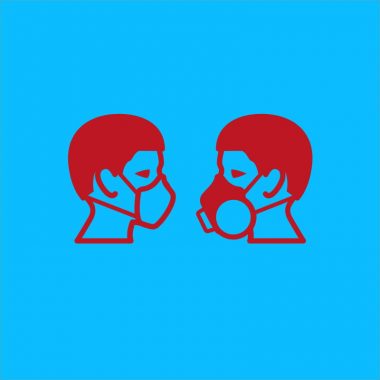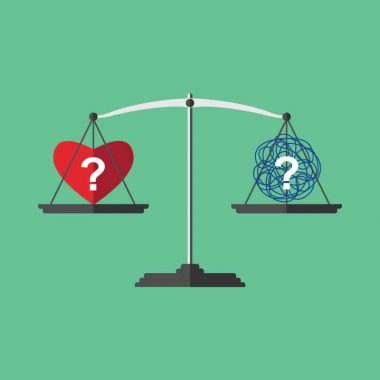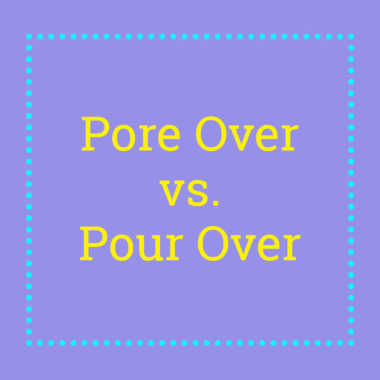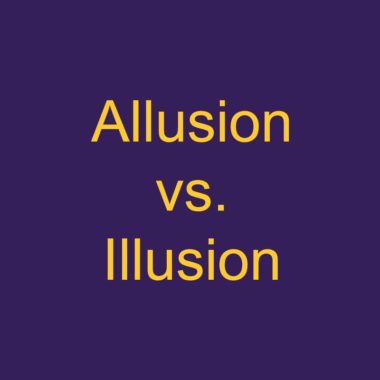Respirator vs. Ventilator: What Is The Difference?
by John Kelly, Senior Research Editor at Dictionary.com During the coronavirus break, you may have heard that hospital and healthcare providers have faced a shortage of respirators and ventilators, two critical tools in fighting the infection. Now, many of us know that both respirators and ventilators deal with breathing in some way, but may be confused about the difference between them. Are they both just …











